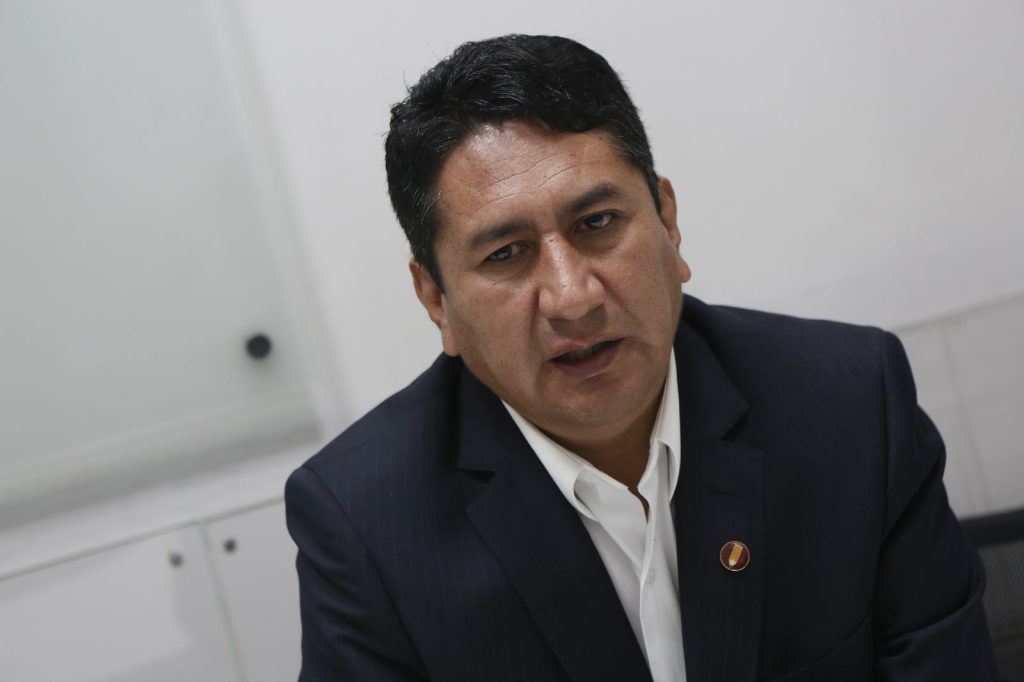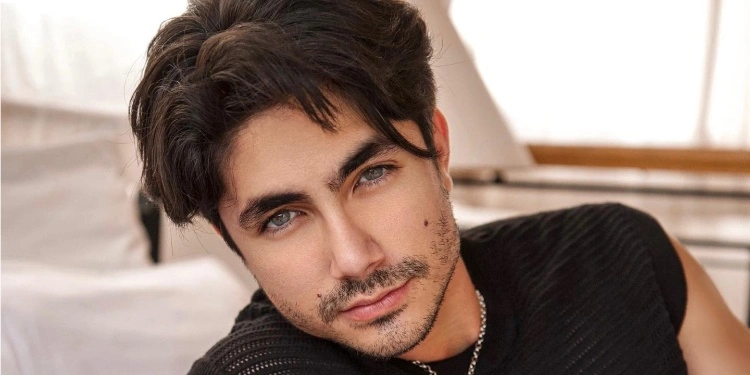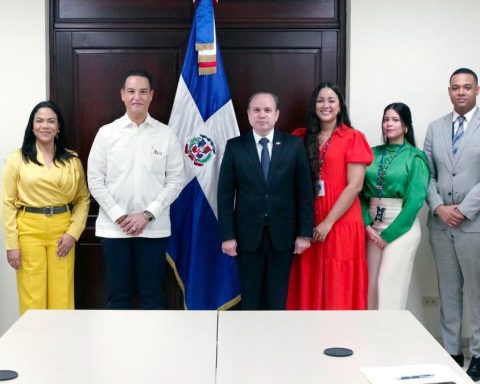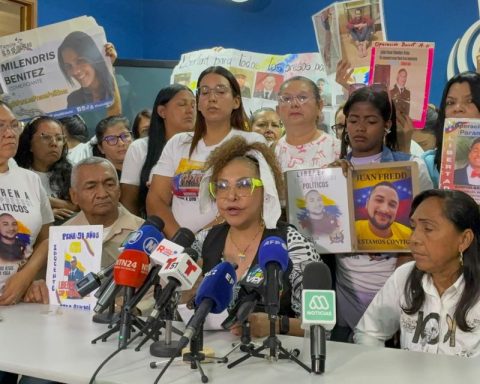T
Following the Vrussian Revolution of 1917, the Bolshevik faction launched a wave of mass arrests and executions against the enemies of the counterrevolution
known as the Red Terror. Between 1918 and 1922, an estimated 200,000 people were executed without trial. Today, under the tricolor flag of the Russian Federation, Vladimir Putin’s administration has inherited the worst of the Soviet Union, transforming the Red Terror into modern state terrorism, directed against its neighbors and beyond.
Since 2014, the Kremlin has insisted on portraying Ukraine as a country where neo-Nazism is allegedly rife, a transparent effort to justify Russia’s military aggression. After launching a full-scale invasion in 2022, Moscow has used terrorist tactics against the Ukrainian civilian population: systematic bombing of civilian and energy infrastructure, the destruction of the Kakhovka Dam, and nuclear blackmail at the Zaporizhia Nuclear Power Plant. After this, Moscow could do nothing more original than to implement its old favorite tactic that is comprehensively described by the phrase Any accusation is a confession
and blame Ukraine, thereby adding a new label for Ukrainians to their arsenal of disinformation.
However, this narrative collapses under the weight of the facts. There is no credible evidence that Ukraine has perpetrated terrorist acts anywhere in the world. What we have seen is a decisive struggle for survival in the face of a brutal invasion.
Behind such behaviour also lurks the dark role Russia has played in its own recent history of terrorism. In 1999, just before Vladimir Putin assumed power, a series of explosions in residential buildings in Moscow and other Russian cities left hundreds dead. These explosions, officially attributed to Chechen separatists, served as a justification for the second Chechen war. However, independent investigations suggest that these explosions could have been an act of self-inflicted terrorism to consolidate Putin’s power.
Russia has also failed to prove itself a reliable partner in the global fight against terrorism. A glaring example is the 2013 Boston Marathon bombing. Russian authorities warned the FBI and CIA about Tamerlan Tsarnaev, one of the terrorists, but then allowed him to travel freely in and out of Russia, despite considering him a threat. Such actions call into question Russia’s sincerity in the fight against terrorism and suggest a policy of manipulation and opportunism.
A case that illustrates Russia’s hypocrisy and serves as an example of state terrorism is the downing of Malaysia Airlines flight MH17 in 2014. The plane was shot down by a Russian-made Buk anti-aircraft missile over eastern Ukraine, controlled by pro-Russian forces, killing all 298 people on board. Despite compelling evidence linking the missile to a Russian military unit, Moscow has repeatedly denied involvement, spreading disinformation to divert attention.
A recent example is the case of Vadim Krasikov, a former agent of Russia’s Federal Security Service (FSB), who was convicted in Germany for the murder of a former Chechen fighter in Berlin in 2019. Krasikov, under the alias Vadim Sokolov, committed the murder in broad daylight in a Berlin park, an act that German authorities described as a killing ordered by the Russian state. In a more recent prisoner exchange between Moscow and the West, he was released and we saw Putin come to meet him personally at the airport. This incident not only underlines the Kremlin’s willingness to carry out extrajudicial killings on foreign soil, but also reinforces Russia’s image as a state that resorts to terrorism to eliminate its enemies.
Russia’s relationship with terrorist organizations such as the Taliban and Hamas further underscores its double standards. Even though the Taliban provided safe haven to al-Qaeda, Russia has maintained channels of communication with them and facilitated negotiations. As for Hamas, an organization designated as a terrorist organization by the European Union and the United States, Russia has held meetings and diplomatic relations with its leaders, defying international sanctions and undermining global efforts to isolate extremist groups.
It is hypocritical for Russia to talk about terrorism when it has been repeatedly accused of sponsoring state terrorism and using terrorist tactics to silence its opponents, both within and outside its borders. From poisoning dissidents on foreign soil to supporting brutal regimes in Syria and elsewhere, the Kremlin has shown it is willing to use any means to maintain its influence and control.
It is essential that the international community remains vigilant and does not fall for the Kremlin’s disinformation tactics.
* Ambassador of Ukraine
















